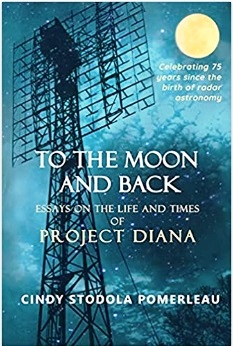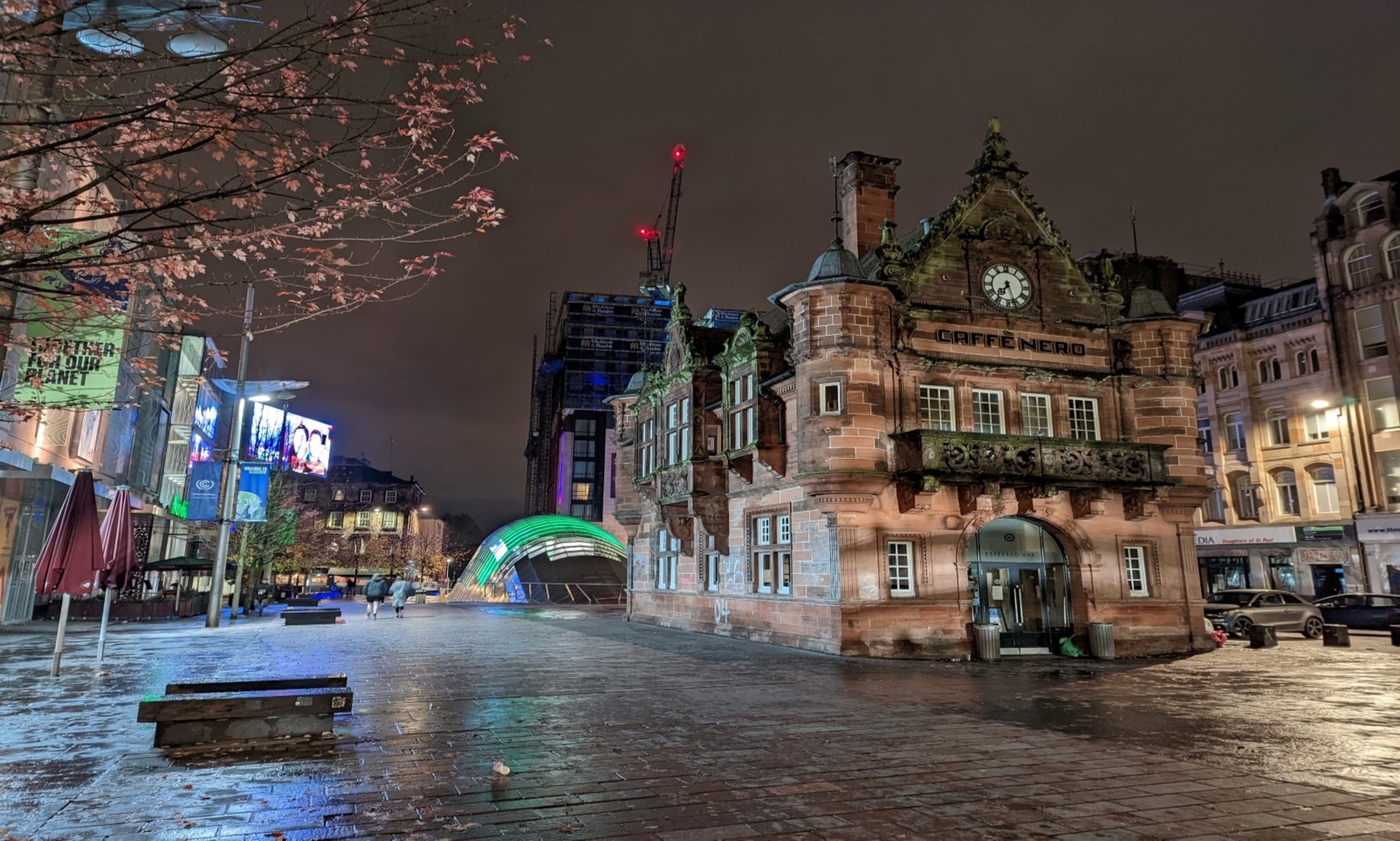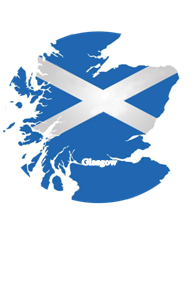DX News – 30 January 2022
News for England South-West – 30 January 2022
News for Wales – 30 January 2022
Be part of the RSGB Board
EMC Committee summary report, November 2021
Civil Air Patrol Net 1 Message: January 24, 2022

Many thanks to SRAA contributor, Matt Todd, who shares the following recording and notes:
Broadcaster: Civil Air Patrol
Date of recording: 1/24/2022
Starting time: 2001
Frequency: 14914 kHz
Receiver location: Hugo, MN
Receiver and antenna: SDRplay RSPdx with wire loop around perimeter of attic
Mode: Single Side Band
RSGB IT Helpdesk still very busy
RSGB VHFCC survey results
‘To The Moon And Back’ – The First Radio Attempts

Cindy Stodola Pomerleau (Author)
On January 10, 1946, the US Army successfully bounced radio waves off the moon–the first-ever extraterrestrial communication, the birth of radar astronomy, and the opening salvo in the Cold War. The author was just shy of three years old at the time, and her father, E. King Stodola, was Scientific Director of the team that carried out the experiment, code-named Project Diana.
To mark the 75th anniversary of this historic event, Cindy Stodola Pomerleau has written a series of essays using Project Diana as a lens for examining the transformations and dislocations occurring in the US during World War II and its aftermath. Nearly half the book is devoted to World War II, with particular attention to the history of radar at Camp Evans, starting with its fumbling beginnings at Pearl Harbor and culminating in its stunning success in Project Diana. The second section is devoted to King Stodola himself and an examination of the confluence of internal and external factors that made him the right man for the moment. The last section provides a sampler of Jersey Shore life (e.g., the boardwalk, the Neptune Music Circus), contemporary American life (e.g., Sears, nylon stockings), and the author’s little-girl activities (e.g., her parakeet Archie, her Islander ukulele).
Steeped in good humour and nostalgia, these wide-ranging narratives explore Project Diana’s historical, sociological, political, and scientific context, as seen from the perspective of the tiny coastal New Jersey community where fate in the form of Camp Evans deposited the author’s parents and their neighbours. The book is a unique eye-witness account of an event and an era that marked a turning point in American history.
Order from Amazon – HERE .

